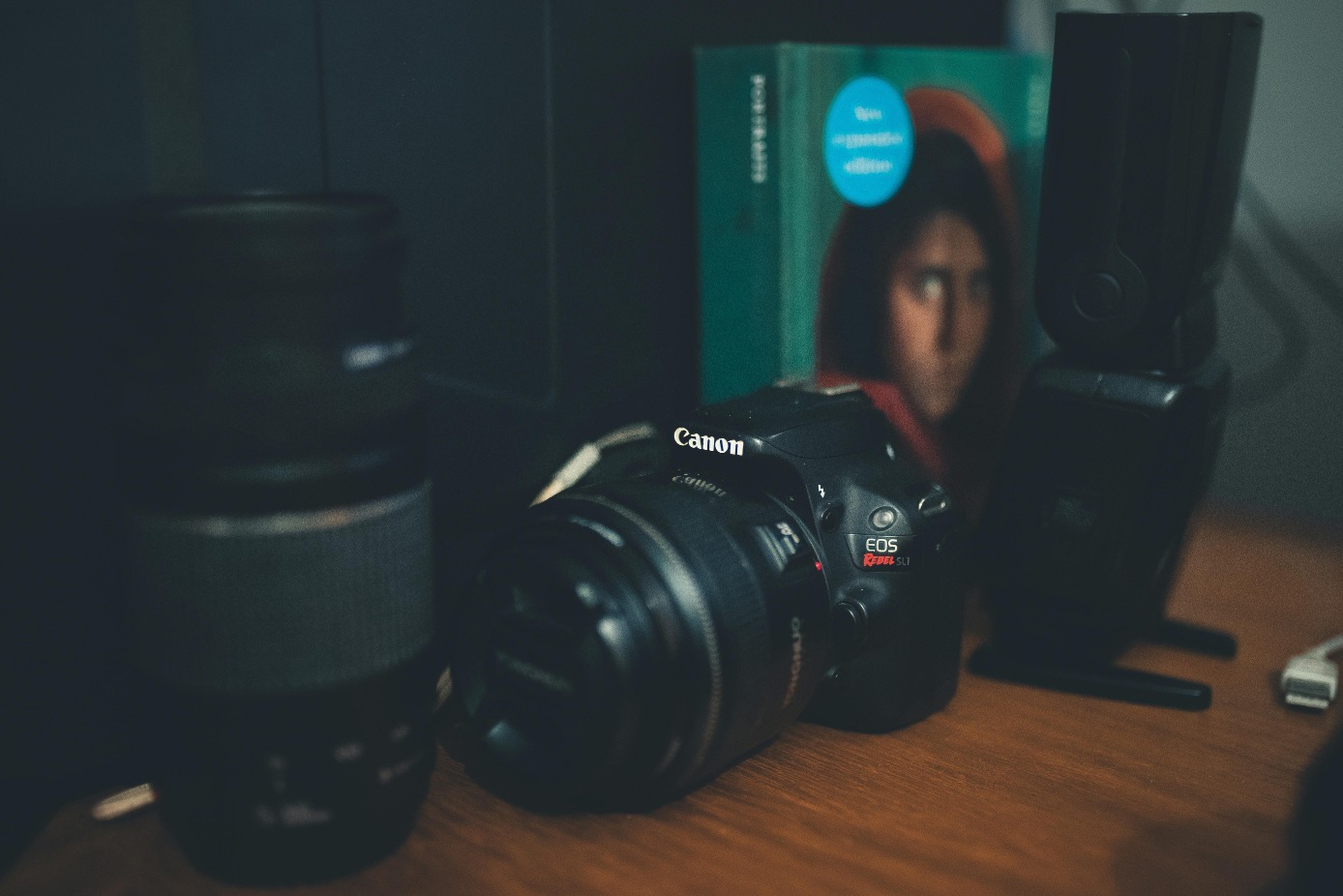The Bachelor of Film program provides a comprehensive education in film production, theory, and critique. This program equips students with the technical skills and creative vision needed to excel in various roles within the film industry, from directing and cinematography to screenwriting and editing. It combines hands-on practice with theoretical knowledge to prepare graduates for careers in filmmaking and related fields.
Curriculum
Semester 1 & 2
Modules
Introduction to Film Studies: Exploration of film history, genres, and critical theory, with a focus on understanding the evolution of cinema.
Fundamentals of Filmmaking: Basic principles of filmmaking, including storyboarding, shot composition, and the production process.
Cinematography: Techniques and practices for capturing visual elements on film, including camera operation, lighting, and shot composition.
Screenwriting: Introduction to the craft of writing for the screen, including narrative structure, character development, and dialogue.
Film Editing: Basics of film editing, including software tools, editing techniques, and creating a coherent visual narrative.
Sound Design: Fundamentals of sound in film, including sound recording, editing, and the role of sound in storytelling.
Semester 3 & 4
Modules
Directing for Film: Techniques and approaches to directing actors and guiding the overall vision of a film project.
Film Production: Comprehensive study of the production process, including pre-production planning, shooting, and post-production.
Documentary Filmmaking: Principles and practices of creating documentary films, including research, interviews, and factual storytelling.
Production Design: Study of creating the visual environment of a film, including set design, props, and costumes.
Film Theory and Criticism: Advanced exploration of film theory, critical approaches, and the analysis of film texts.
Visual Effects: Introduction to digital effects and compositing, including techniques for integrating visual effects into film.
Semester 5 & 6
Modules
Advanced Cinematography: In-depth study of advanced camera techniques, lighting setups, and visual storytelling.
Film Genre Studies: Examination of specific film genres, including their conventions, history, and impact on cinema.
Screenwriting Workshop: Intensive workshop focusing on developing and refining original screenplays with feedback from peers and instructors.
Film Production Management: Overview of managing film projects, including budgeting, scheduling, and coordinating production teams.
Electives: Choose from specialized courses such as animation, experimental film, or international cinema.
Portfolio Development: Creation of a professional portfolio showcasing a range of film projects and skills developed throughout the program.
Requirements
- Secondary School Diploma or equivalent qualification.
- Proficiency in English:
- TOEFL: Minimum score of 80 (Test of English as a Foreign Language).
- IELTS: Score of 6.0 or above (International English Language Testing System).

